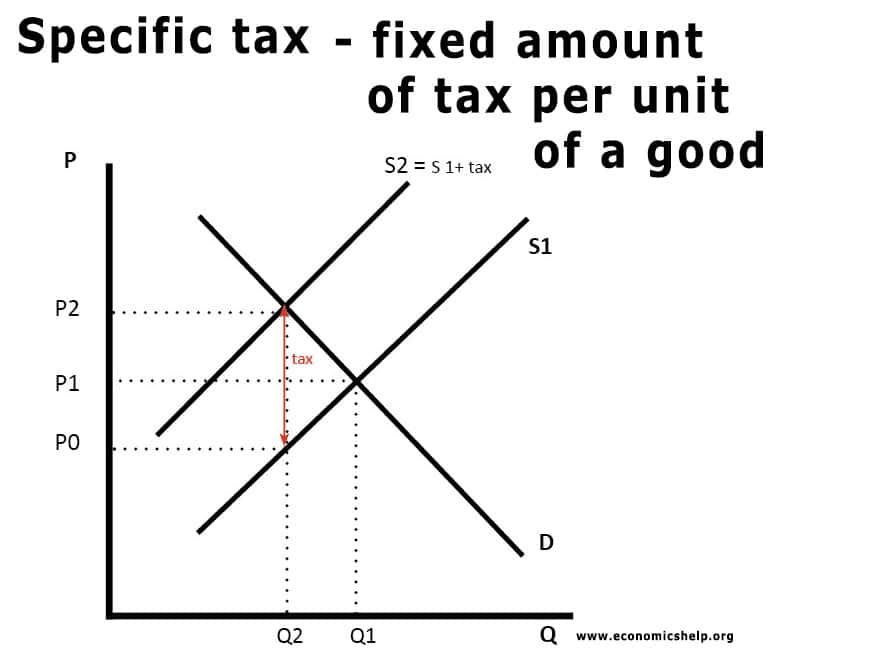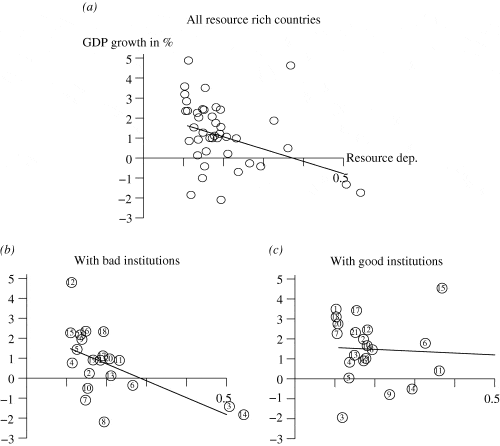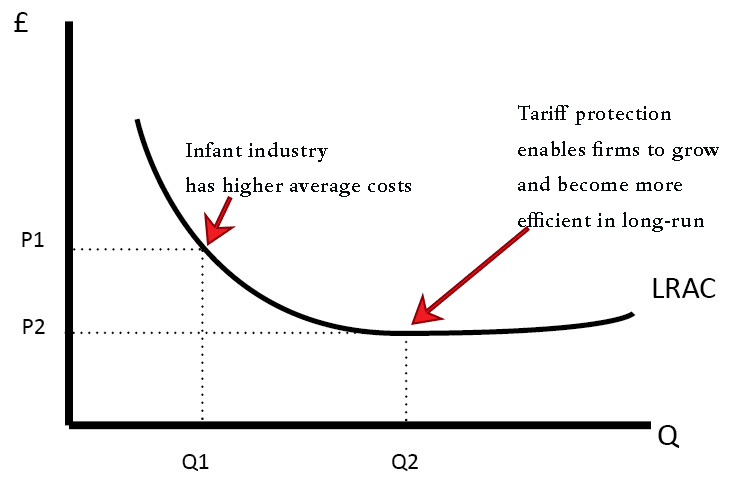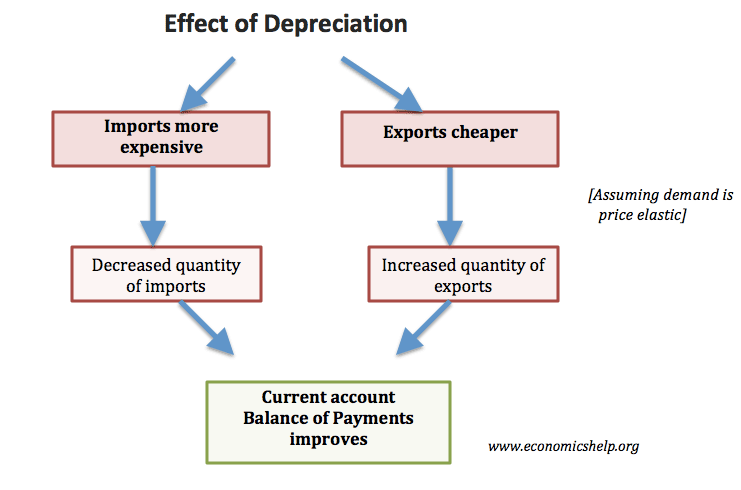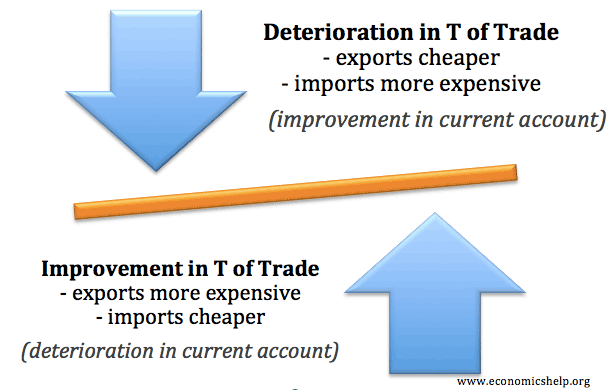Fisher effect
The Fisher effect examines the link between the inflation rate, nominal interest rates and real interest rates. It starts with the awareness real interest rate = nominal interest rate – expected inflation. If you put money in a bank and receive a nominal interest rate of 6%, but expected inflation is 4%, then the real …

